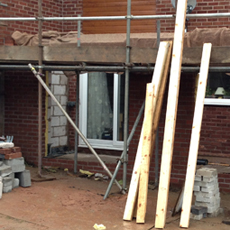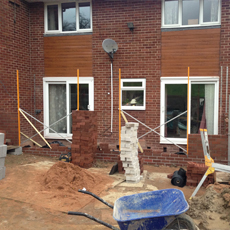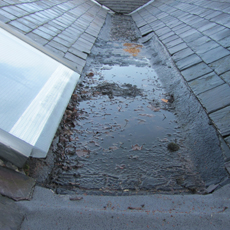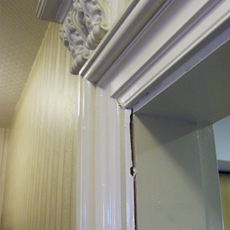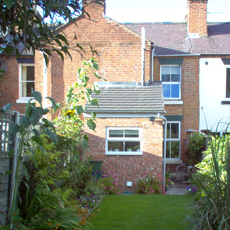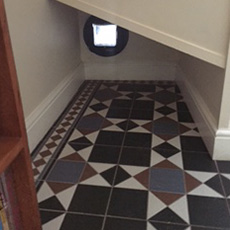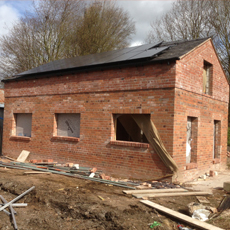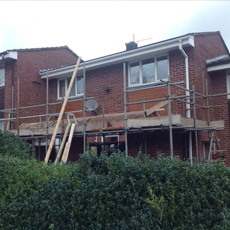How long does planning permission last?
Just how long does planning permission last after receiving approval for plans?
So your application has been granted, but perhaps now you are wondering, ‘how ‘what happens if I don’t start by the expiry date’?
The journey to getting planning permission for a self-build or extension can be easy for some and overwhelming and draining for others, depending on the project.
So just how long a successful planning permission application lasts and what do you need to do to ensure you have started in that timeframe.
Does planning permission go out of date?
Yes, after a certain amount of time, your approved planning permission application will expire. “Three years is the ‘default’ period in England,” says James Garrett from the Planning Portal.
Something that may have been permitted in the past may no longer be acceptable. Having an expiry date ensures that proposals are carried out within a reasonable timeframe, helping to ensure they remain suitable for their location.
It also ensures that local and national government can plan ahead based on what is expected to be built or take place in any given area.
Check the expiry date on a plot of land with planning permission attached for a new home, as the consent might expire before you get a chance to make a suitable start or the sale even goes through.
If planning permission is refused, you’ll end up with an over-priced parcel of land which can’t be built on.
How do you keep planning permission alive?
An expiry date can’t usually be extended, but the period stated in the permission can be longer or shorter based on the specifics of the proposal and its location. If a longer period is needed, it is advisable to discuss this with the local authority in advance.
Exceptional circumstances (such as the recent pandemic) or changes in legislation can also mean that temporary provisions are put in place to allow deadlines to be extended.
If your application is about to expire, make a ‘material start’, to ensure the project officially starts within the time frame. This locks in planning permission, and the development can be paused again if required.
If you need more time, you cannot renew planning permission, you have to reapply. You aren’t guaranteed to get it a second time as you could be working against different planning policy, so bear this in mind.
What constitutes a start date?
It means you have to start the project before the expiry date. Examples could be breaking ground, clearing the site, the start of an activity or operation, or the first instance of a new use.
The good news is, that once work has started on a project, the planning permission will last indefinitely, so there will no need to reapply after the expiry date.
If it has not been completed before the period expires, a local authority or national government can issue a ‘completion notice’ setting a further deadline for completion if they believe the development is unlikely to complete in a ‘reasonable’ period.
Government are exploring ways to monitor progress and ensure proposals, particularly for housing, are completed wherever possible.
Does planning permission add value?
If you have land that you’re looking to sell to a self-builder or developer, or have a home that has room for an extension, those with obtained full or outline planning permission tend to sell for significantly more than those without.
It is well worth the £426 planning application fee to increase the value of the plot as a whole, even if the approval contains planning conditions.
Much of the cost associated with achieving planning permission relates to design work, surveys and so on.
If you have any questions about planning permission, how to go about getting it and the subsequent work involved, or you would like a quote for an extension or self-build, please call us here at Sherratt Builders, on 07786 268435 or email info@sherrattbuilders.co.uk
Photo by JESHOOTS.com




